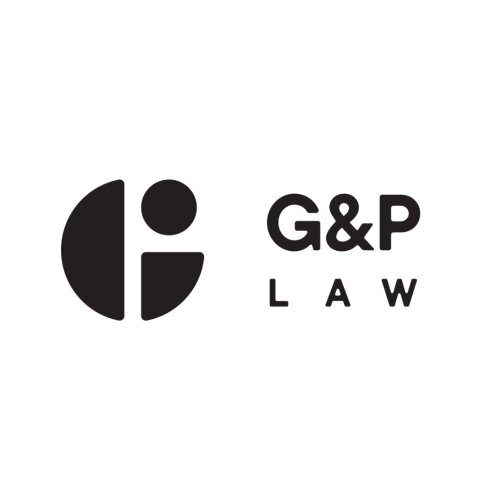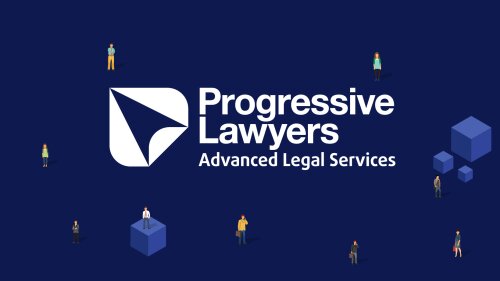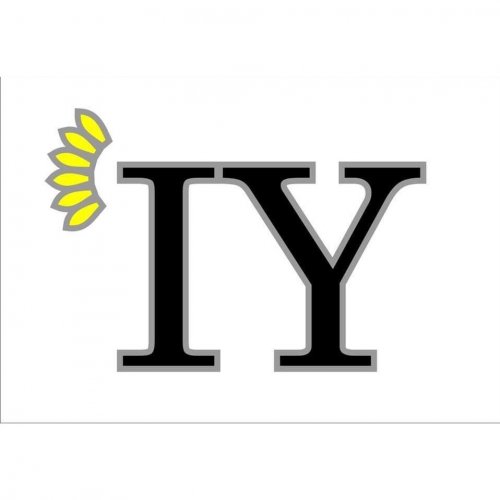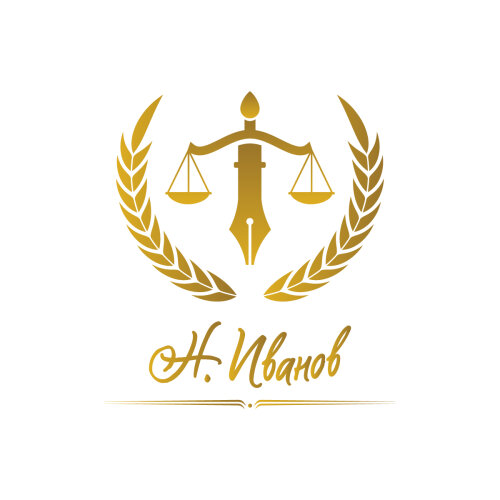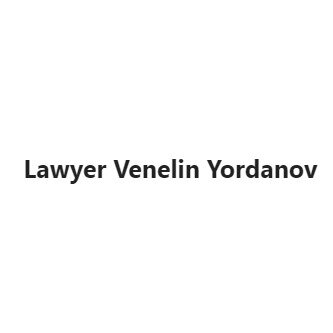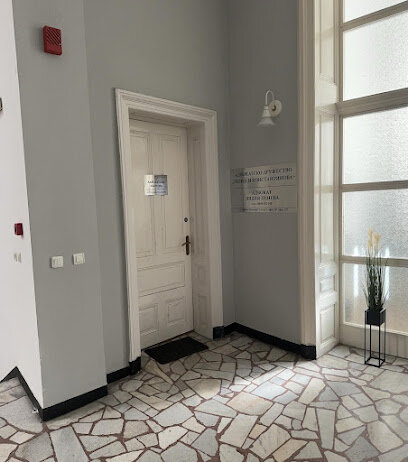Best Antitrust Litigation Lawyers in Bulgaria
Share your needs with us, get contacted by law firms.
Free. Takes 2 min.
Or refine your search by selecting a city:
List of the best lawyers in Bulgaria
About Antitrust Litigation Law in Bulgaria
Antitrust litigation in Bulgaria refers to legal disputes and enforcement actions relating to the prevention of anti-competitive practices in the Bulgarian market. The primary focus is on ensuring fair competition, prohibiting monopolistic behaviors, abuse of dominant positions, and unlawful agreements between businesses that restrict market competition. The relevant authorities and courts resolve these disputes to protect consumer welfare and maintain a healthy business environment. Bulgarian antitrust laws align closely with European Union (EU) regulations, as Bulgaria is a member state of the EU, and thus incorporates both local and EU competition rules.
Why You May Need a Lawyer
There are various situations where you may require the services of a lawyer specializing in antitrust litigation in Bulgaria. Some common scenarios include:
- Receiving a notice or investigation from the Commission on Protection of Competition (CPC) regarding suspected anti-competitive behavior.
- Being accused of abusing a dominant market position or participating in a cartel.
- Requesting regulatory clearance for mergers or acquisitions to ensure compliance with antitrust laws.
- Filing a claim against another company for unfair competitive practices.
- Challenging decisions made by competition authorities in court.
- Guidance on compliance programs and risk management related to competition law.
- Analyzing contracts and commercial arrangements for antitrust risks.
Antitrust matters often involve complex legal and economic analyses, where a professional’s involvement can help protect your interests, mitigate risks, and navigate regulatory processes effectively.
Local Laws Overview
Antitrust litigation in Bulgaria is governed primarily by the Protection of Competition Act (PCA). Key aspects include:
- Prohibition of Agreements - Any agreements between businesses that have as their object or effect the prevention, restriction, or distortion of competition are prohibited. This includes price-fixing, market sharing, and bid-rigging.
- Abuse of Dominant Position - Companies holding a dominant position in a market are prohibited from abusing that position, for example by imposing unfair prices or conditions, or by limiting production.
- Merger Control - Mergers and acquisitions that meet certain financial thresholds must be notified to the CPC and receive prior approval to ensure they do not harm competition.
- Enforcement and Penalties - The CPC investigates suspected breaches, imposes fines, and issues orders to restore competition. Decisions of the CPC may be appealed before the Administrative Court in Sofia.
- EU Law Applicability - As an EU member, Bulgaria enforces both local and EU competition law. The CPC cooperates with the European Commission for cross-border cases.
Frequently Asked Questions
What is the main authority dealing with antitrust matters in Bulgaria?
The main authority is the Commission on Protection of Competition (CPC), which investigates and issues decisions on anti-competitive practices.
Which acts are considered anti-competitive under Bulgarian law?
Acts such as price-fixing, bid rigging, market or customer allocation, restricting production, and abuse of a dominant market position are deemed anti-competitive.
How can I know if my business is in a dominant position?
Dominance is assessed on a case-by-case basis, usually if your market share is 40 percent or higher. Other factors, such as economic strength and barriers to entry, are also considered.
What penalties can be imposed for violating antitrust laws?
Companies may face fines of up to 10 percent of their turnover for serious breaches, and orders to cease prohibited conduct. Individuals may also be sanctioned for certain violations.
Can consumers or competitors report anti-competitive practices?
Yes, both consumers and competitors can submit complaints to the CPC if they suspect unlawful competitive practices.
How long does an antitrust investigation take?
Investigations vary in duration depending on complexity, but can often range from several months to over a year in complex cases.
Can the decisions of the CPC be appealed?
Yes, decisions of the CPC can be appealed before the Administrative Court of Sofia and, subsequently, the Supreme Administrative Court.
Do I need to notify the CPC before merging with another company?
Mergers meeting prescribed thresholds for combined turnover or market share must be notified to and cleared by the CPC before completion.
Is it possible to settle an antitrust investigation?
In some cases, companies can offer commitments to the CPC to address competition concerns, which may lead to the closure of the investigation without a formal finding of infringement.
Does Bulgarian antitrust law apply to foreign companies?
Yes, if the anti-competitive conduct has an effect on the Bulgarian market, foreign companies can be investigated and sanctioned under the PCA.
Additional Resources
If you need more information or guidance about antitrust litigation in Bulgaria, consider contacting or consulting the following:
- Commission on Protection of Competition (CPC) - Bulgaria’s main competition authority responsible for investigating and sanctioning anti-competitive practices.
- Bulgarian Bar Association - Offers directories of qualified lawyers and law firms with competition law expertise.
- European Commission Directorate-General for Competition - Provides guidance for EU-wide cases or practices impacting multiple member states.
- Consumer Protection Commission - Can assist with issues that also affect consumers.
- Chambers of Commerce - Offer advisory services and can recommend specialized legal counsel.
Next Steps
If you believe you are involved in or affected by a competition law issue in Bulgaria, consider these next steps:
- Consult with a specialized antitrust or competition law lawyer to evaluate your situation and provide legal advice.
- Gather all relevant documentation, such as contracts, correspondence, market data, and any notices received from authorities.
- If necessary, prepare a strategy for responding to investigations or regulatory requests, including internal audits or compliance programs.
- Take prompt action to ensure deadlines are not missed, especially in cases involving notifications, appeals, or responses to the CPC.
- Stay informed about changes in Bulgarian and EU antitrust regulations by following updates from the CPC and legal professionals.
Addressing antitrust matters early with the help of qualified legal counsel can minimize risks, avoid costly penalties, and help achieve a favorable outcome.
Lawzana helps you find the best lawyers and law firms in Bulgaria through a curated and pre-screened list of qualified legal professionals. Our platform offers rankings and detailed profiles of attorneys and law firms, allowing you to compare based on practice areas, including Antitrust Litigation, experience, and client feedback.
Each profile includes a description of the firm's areas of practice, client reviews, team members and partners, year of establishment, spoken languages, office locations, contact information, social media presence, and any published articles or resources. Most firms on our platform speak English and are experienced in both local and international legal matters.
Get a quote from top-rated law firms in Bulgaria — quickly, securely, and without unnecessary hassle.
Disclaimer:
The information provided on this page is for general informational purposes only and does not constitute legal advice. While we strive to ensure the accuracy and relevance of the content, legal information may change over time, and interpretations of the law can vary. You should always consult with a qualified legal professional for advice specific to your situation.
We disclaim all liability for actions taken or not taken based on the content of this page. If you believe any information is incorrect or outdated, please contact us, and we will review and update it where appropriate.
Browse antitrust litigation law firms by city in Bulgaria
Refine your search by selecting a city.




